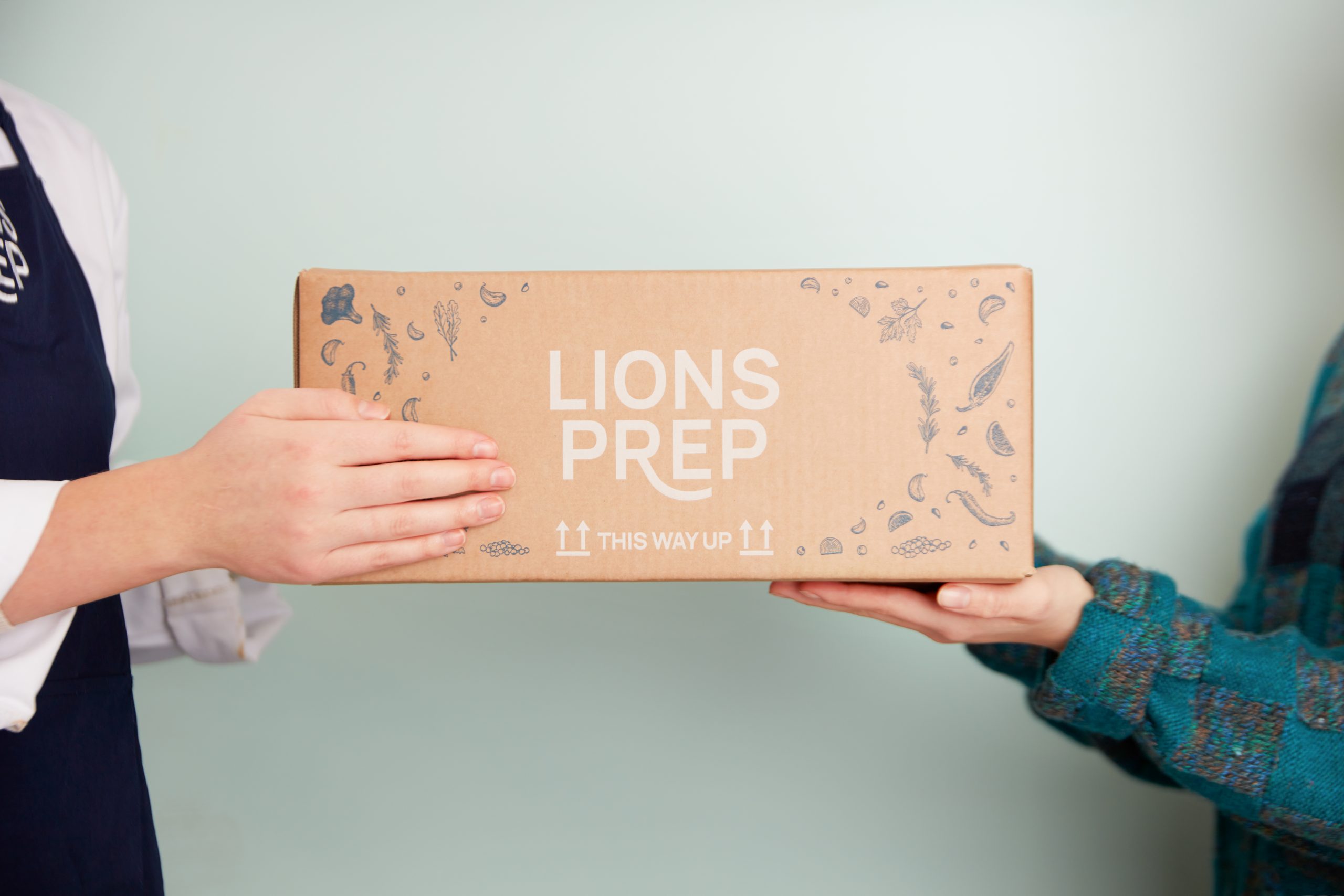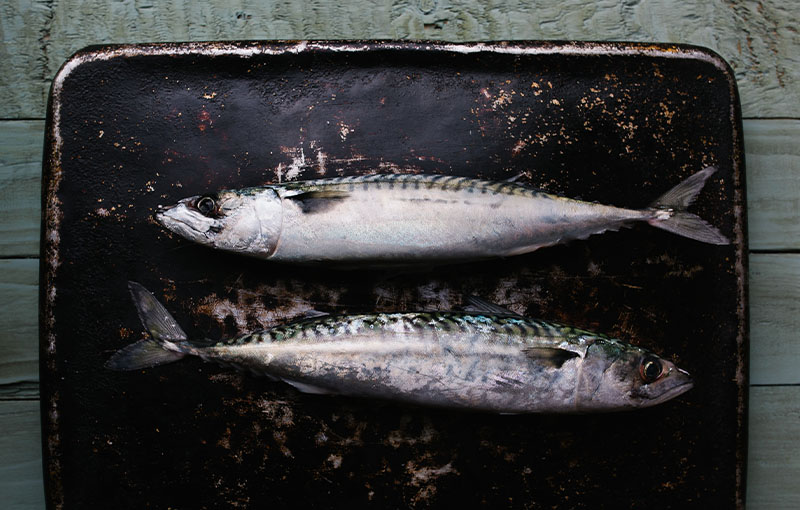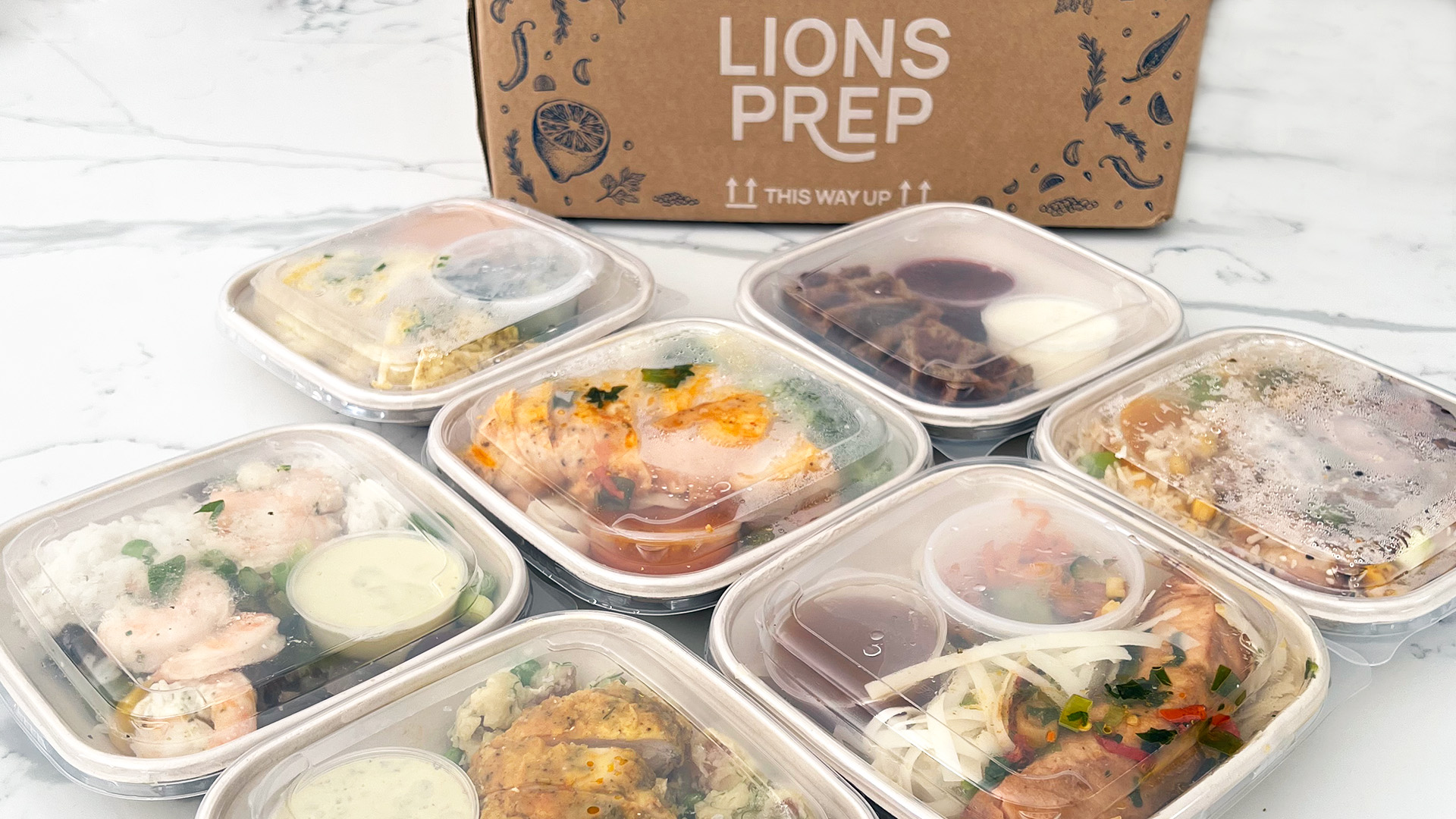by Laura Forsyth | 21st March, 2023 | Food & Recipes
Are you tired of throwing away unused groceries and feeling guilty about wasted food and money?
Food waste is a growing problem in our society, with a worrying amount of the food we buy ending up in the bin. This is not only bad for the environment, but it also has a significant financial impact on households. Here, we will discuss the true cost of wasted food and money from unused groceries, and offer tips on how to reduce your food waste and save money.
So when we throw away unused groceries, we are not just throwing away food, we are throwing away money. Plus, the cost of food is not just the price we pay at the supermarket, but also the effort that goes into producing the food.

When we consider the resources we are wasting with unused groceries, this includes water and energy. These are required for agriculture, food processing, and transportation.
For example, it takes about 25 gallons of water to produce one pound of wheat, and about 1,800 gallons of water to produce one pound of beef. So it’s a lot of effort for food that is being binned!

In fact, food waste is responsible for 8% of global greenhouse gas emissions. Additionally, food waste also contributes to deforestation, water pollution, and other environmental issues.
Fortunately, there are many solutions to reduce food waste. One solution is to plan meals and only buy the food that you need, such as Lions Prep. This can help reduce impulse purchases and ensure that you use up all the food you buy.
Another solution is to freeze or preserve food before it goes bad. This can help extend the life of perishable items and prevent them from going to waste. Additionally, donating excess food to local food banks or composting food scraps can also help reduce food waste.

One of the main reasons for food waste is overbuying or overcooking. With Lions Prep, you receive pre-portioned meals that are perfectly sized to meet your dietary needs. This helps you avoid overbuying ingredients or cooking more than you need, thus reducing food waste.
We use fresh, high-quality ingredients to prepare our meals. This means that the food is less likely to spoil quickly, and therefore less likely to end up in the bin.
By planning meals in advance, we can purchase only the amount of ingredients needed for each week’s menu. This reduces the risk of overbuying and ensures that ingredients are used efficiently, which in turn reduces waste.
Lions Prep are committed to reducing environmental impact. We use eco-friendly packaging materials and encourage our customers to recycle the packaging once they’re finished with it. This helps reduce waste and promotes sustainability.
Whenever we have any excess food, we donate this to local charities and organisations that help combat hunger. This ensures that even if there is any leftover food, it is put to good use and not wasted.
By using Lions Prep’s meal plans, you can not only save time and energy but also contribute to reducing food waste. This helps to minimise the environmental impact and ensures that the food we produce is used more efficiently. Want to make a difference?